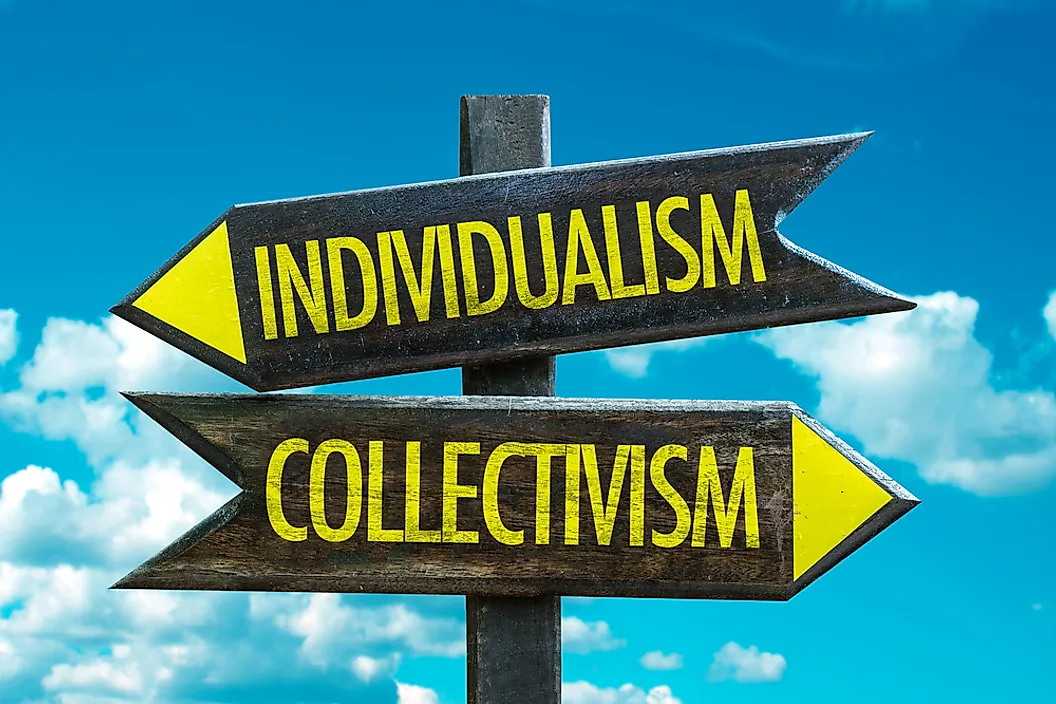by VLADIMIR POPOV

The main contradiction of the modern era, and indeed of all human history, is not between capitalism and socialism, and not even between authoritarianism and democracy, but between individualism and collectivism, between public and personal interests. Countries that are getting ahead in the economic race allow themselves the luxury of individualism, prioritizing human rights, which ultimately undermines their political and economic power and causes their decline and the rise of more collectivist civilizations. It is literally the story that is as old, as the world itself…
“Asian values”
“Asian values” is the priority of the interests of the community (village, enterprise, nation, world community) over the interests of the individual. As a matter of fact, what is today called “Asian values”, before the 16th century Protestantism, was a universal principle of all mankind — there was no primacy of the interests of the individual over the interests of society before that time.
Collectivist values are often juxtaposed to Western liberal values, which stress the primacy of human rights that cannot be alienated from the individual under any circumstances, even for the sake of achieving the highest public good. John Rawls, political philosopher and an authority on the issue, formulated the principle of precedence of democratic values and human rights: according to him, human rights, including political rights, “are not subject to political bargaining or to the calculus of social interests.” Defenders of “Asian values”, whose roots are often sought in Confucianism, believe that, in principle, the political rights of individuals can be sacrificed for the highest public good, for example, for the sake of achieving sustained high rates of growth and social equality.
Values, of course, is largely a vague and subjective concept. Economists like to operate with something more tangible – objective and measurable categories, but there are those as well. Social harmony is based on low income and wealth inequality, which are perfectly measurable: in China and East Asia today it is lower than in other countries, if only the comparisons are made properly – adjusted for country size and level of development. And “oligarch-intensity” (the ratio of the wealth of billionaires to GDP), which measures inequality at the very top of the property pyramid, is lower in China than in most other countries.
The share of the state in the economy (government consumption as a percentage of GDP, to be precise) is higher than in states with similar characteristics, the number of violations of law and order and criminal penalties (the crime rate, murder rate and incarceration rate) is lower1. There are other measurable objective indicators – lifetime employment and unemployment rate, the ratio of bank credit to the stock market, concentration of control over corporations, etc. There are also differences in subjective preferencesmeasured by the World Value Survey and other polls – the degree of trust in the government, the willingness to defend one’s country, the importance of family ties, and so on2.
Inter Press Service for more
